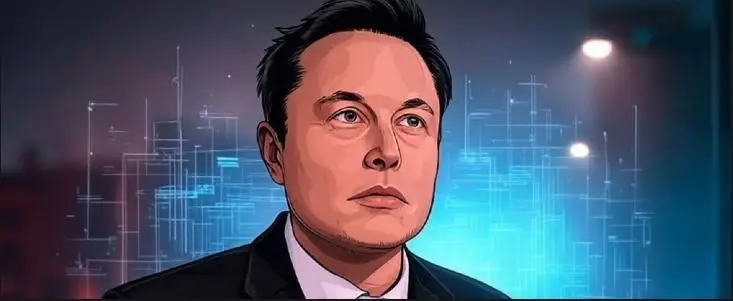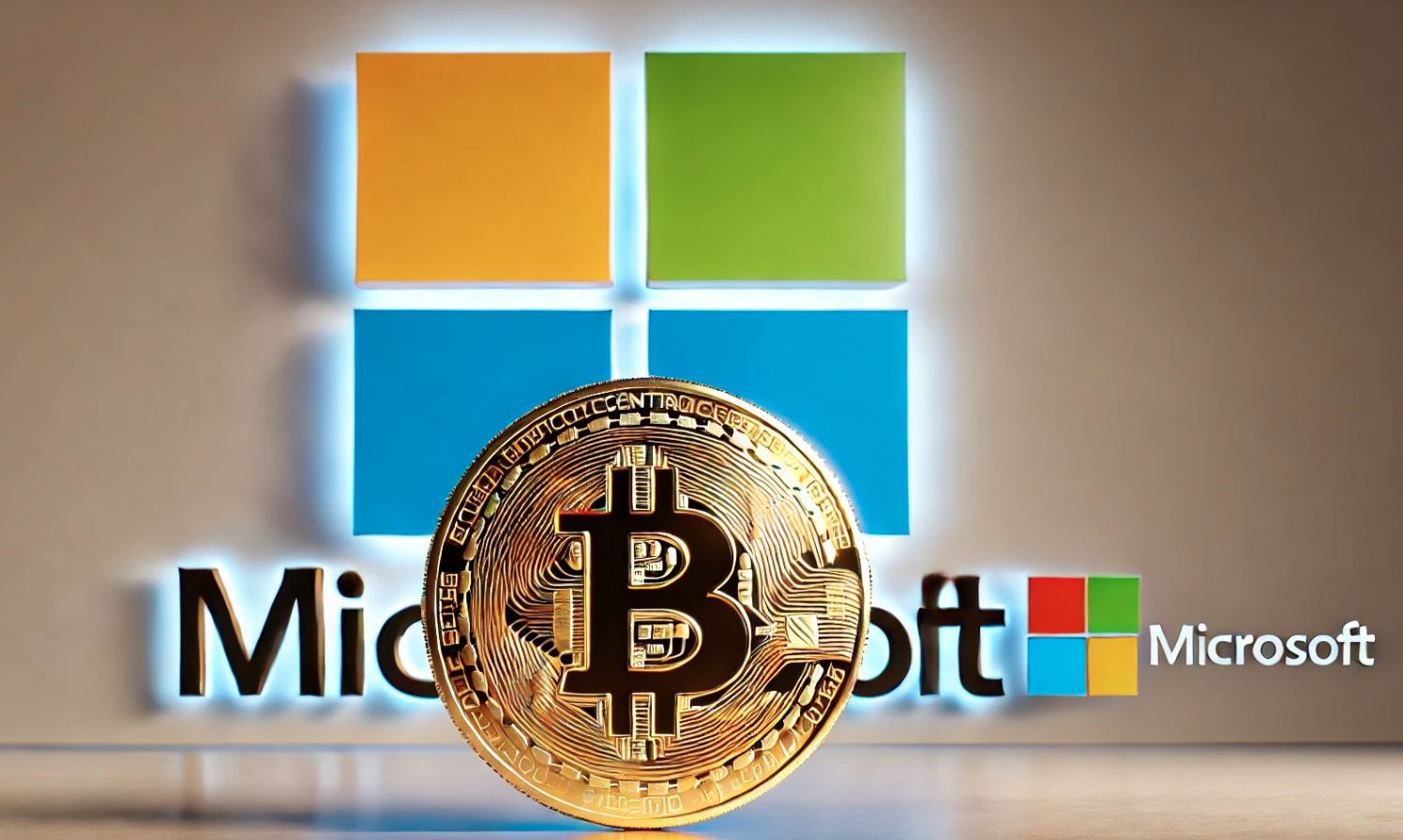Elon Musk, the head of the Department of Government Efficiency (DOGE), is exploring the use of blockchain technology to track and reduce U.S. government spending. This initiative aims to enhance transparency and accountability in federal expenditures.
Table of Contents
- Introduction
- Understanding Blockchain Technology
- Elon Musk’s Vision for Government Efficiency
- Potential Applications of Blockchain in Government Spending
- Challenges and Considerations
- Expert Opinions and Public Reception
- Conclusion
- Frequently Asked Questions (FAQ)
Introduction
In a bold move to enhance government efficiency, Elon Musk is considering blockchain technology as a tool to monitor and reduce federal spending. This approach seeks to bring greater transparency and accountability to government expenditures.
Buy Bitcoin at Coinbase
Advertisement
Join Gemini today and get $15 in free Bitcoin when you trade with an easy, secure and U.S.-regulated crypto exchange you can trust. Offer valid for U.S. residents only; crypto investments are risky.
✓ Get $200 Sign Up Bonus
✓ Earn 4.5% on USDC
Understanding Blockchain Technology
Blockchain is a decentralized ledger technology that operates across a network of computers, ensuring that all participants have access to the same data. Every transaction recorded on a blockchain is permanently stored in a transparent and immutable manner, meaning the data cannot be changed or deleted without agreement from the majority of the network participants. This system eliminates the need for intermediaries, as all transactions are validated through a consensus mechanism.
The design of blockchain offers several advantages, particularly in areas where trust, security, and transparency are essential. Its use extends beyond cryptocurrency to sectors like healthcare, supply chain management, and government operations. By providing a reliable way to track, verify, and share information, blockchain has gained recognition for its ability to enhance efficiency and security in data management while minimizing the risks of fraud or error.
Elon Musk’s Vision for Government Efficiency
As the head of the Department of Government Efficiency (DOGE), Elon Musk is spearheading efforts to revolutionize how public funds are managed. His approach centers on utilizing blockchain technology to streamline government operations and significantly reduce unnecessary spending. The core idea is to create a digital ledger where every financial transaction made by government entities is recorded transparently and permanently.
With blockchain, Musk envisions a future where waste and fraud are drastically minimized, if not entirely eliminated. Each transaction, whether it involves procurement, project funding, or routine expenses, would be publicly traceable. This system would make it difficult for funds to be misappropriated or mismanaged, as the immutable records would expose discrepancies in real-time.
Musk’s plan could also empower citizens by allowing them to monitor government spending with unprecedented clarity. This transparency might restore public trust in federal operations while encouraging accountability at all levels of governance. While bold and forward-thinking, the proposal also highlights Musk’s belief in leveraging cutting-edge technology to solve long-standing systemic issues.
Potential Applications of Blockchain in Government Spending
- Transparent Budget Tracking: Implementing blockchain could allow citizens and officials to monitor government expenditures in real-time, ensuring funds are used appropriately.
- Secure Data Management: Blockchain can safeguard sensitive government data, reducing the risk of breaches and unauthorized access.
- Efficient Contract Management: Smart contracts can automate and enforce agreements, minimizing delays and disputes in government projects.
- Asset Management: Tracking government assets on a blockchain can prevent mismanagement and loss, ensuring better utilization of resources.
Buy Bitcoin (BTC)
✓ Over 70+ Cryptocurrencies
✓ Earn 4.12% in Crypto
Challenges and Considerations
While the benefits are promising, several challenges must be addressed:
- Implementation Costs: Establishing a blockchain infrastructure requires significant investment.
- Technical Expertise: Government agencies may lack the necessary skills to manage and maintain blockchain systems.
- Regulatory Hurdles: Adapting existing laws and regulations to accommodate blockchain technology could be complex.
Expert Opinions and Public Reception
The proposal has garnered attention from various stakeholders. Some experts praise the move towards transparency, while others caution about potential pitfalls. Public opinion remains divided, with discussions focusing on the balance between innovation and practicality.
Conclusion
Elon Musk’s initiative to explore blockchain for curbing government spending represents a significant step towards modernizing public sector operations. While challenges exist, the potential for increased transparency and efficiency makes it a compelling proposition.
Frequently Asked Questions (FAQ)
Q1: What is blockchain technology?
A1: Blockchain is a decentralized digital ledger that securely records transactions across multiple computers, ensuring transparency and immutability.
Q2: How can blockchain reduce government spending?
A2: By providing transparent and traceable records of transactions, blockchain can minimize waste, fraud, and inefficiencies in government expenditures.
Q3: What is the Department of Government Efficiency (DOGE)?
A3: DOGE is an initiative led by Elon Musk aimed at streamlining government operations and reducing unnecessary spending.
Q4: What are the challenges of implementing blockchain in government?
A4: Challenges include high implementation costs, lack of technical expertise, and the need to adapt existing regulations to accommodate new technology.
Q5: How has the public responded to this initiative?
A5: Public opinion is mixed, with some supporting the move towards greater transparency and others expressing concerns about feasibility and potential risks.




